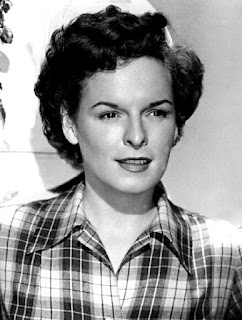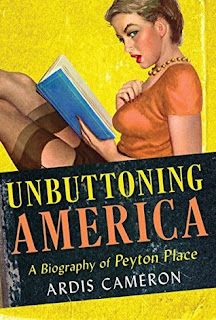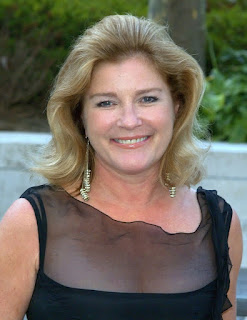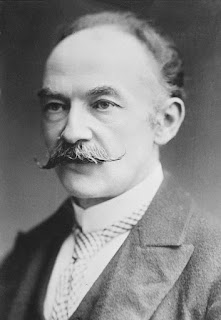 |
| Blake Bailey |
Full Title: The Splendid Things We Planned: A Family Portrait by Blake Bailey
The question at the core of this soul-wrenching memoir is the extent to which a parasitic family member can be allowed to exhaust familial financial and emotional stores of love and forgiveness.
The splendid things planned in the title of this family portrait refer to the vague but infinite hopes of two boys growing up in a home where the stability of their parents’ marriage was nearly always precarious. Scott Bailey, a few years older than Blake, enjoyed the subtle advantages of being the first-born child, combined with the sense of being viewed, even by Blake, as handsomer of the two.
Early on, this did not create major conflict. Scott may have been their parents’ “golden Boy”, but, in a few years, Blake was also recognized as having intellectual and artistic ability, some of which transcended those of his older brother. In further ways, Scott’s freedom to exploit his seniority began to disintegrate.
The threads connecting the fabric of any family are impossible for any one member to define or disentangle from the perceptions of others. Still, Blake Bailey does depict in scourging detail, Scott’s deterioration from occasional cannabis user to heroin-addicted alcoholic.
At around this time, their parents’ marriage, long conflicted, began to dissolve. Whether these crises were interwoven will probably never be fully known. Although Blake recounts his own blunders and victories, as well as those of those close to him, Scott’s travails soon begin to absorb more and more of his overall canvas.
As often happens, the most troubled and least productive member of any family, however extreme and repetitive his demands may become, all too quickly becomes its magnetic center. Even those who initially refuse to comply can find themselves intertwined via slow osmosis.
Despite his bizarre behavior, and the family’s awareness, Scott must be left, at some juncture, to struggle through consequences by himself in order to learn, parents who have conceived and brought a child into this world, tend to find it impossible to disconnect to the point of letting him risk dying at a fairly young age, when they know they have the resources with which to sustain him. One more chance, followed by yet one further chance,-and then one more last one-at what point do parents surrender to hopelessness, and how long can the cycle continue?
Readers disturbed by the foulest of language, especially when aimed at one’s parents, may find this book too distressing. Still, those who persevere through its coarse and sordid wording, voiced by Scott, I believe, will find an enhanced understanding of this type of mental distortion, freed by drugs and alcohol to unharness bridled miseries. For my part, while horrified by reading recounts of Scott’s verbal and physical assaults on their mother, including a genuine threat on her life, I found a reluctant deepening of my own understanding.
Despite his years of flagrant drug-taking and extreme drinking, and self-justifying refusal to commit to any positive lifestyle, this mother held the belief that, as Scott had succeeded in the marine corps, honorably discharged, with a veterans’ pension, he could still access the will power to become a productive member of society.
It is up to future readers to decide whether this maternal perspective was realistic. At any rate, this book provides a roster of reactions and levels of involvement of father, mother, brother, and close but more detached relatives, regarding Scott’s escalating path towards disaster. Despite their growing frustration and fury, none of them could let their concern and tenderness to evaporate or dissolve.
Hence, in a circuitous way, this brings us back to our opening question: is there a limit to absolute love. Inferentially, if there is, do any of us wish to seek to overstep its boundaries?










